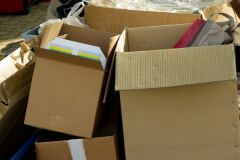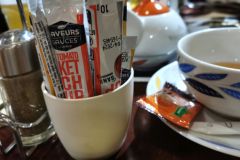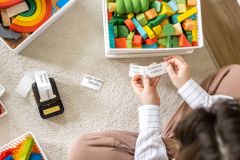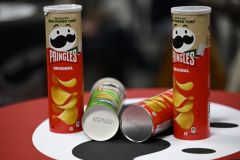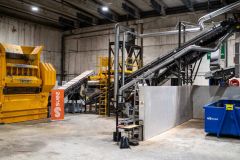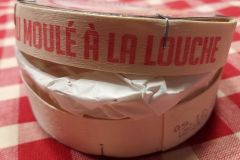To encourage Australians to sort soft plastics, Kit Kat has launched a special edition. The Nestlé Group brand replaced its logo on its chocolate bar packaging with a sorting instruction symbol. With this operation, named Give the planet a break in reference to its slogan "Have a break, have a Kit Kat", Kit Kat wants to inform Australians about the possibilities of recycling these packages.
In the country, three symbols on the packaging indicate the instructions to be adopted: to be sorted, to be put in the household waste or to follow special instructions. However, according to a study commissioned by Kit Kat, 25% of Australians are unaware that flexible plastics are recyclable, and 17% of the rest are unaware that these plastics should be separated from other household waste. Flexible packaging (noodle wrappers, candy bags, cereal box liners, etc.) should be deposited in collection bins located in most major Australian supermarkets.
The recovery of this packaging - which accounts for 20% of the volume of household garbage - makes it possible to divert it from landfill sites and reuse it to make, for example, benches or fences.
"Setting up reminders or systems, like putting soft plastics in a reusable shopping bag until you go back to the supermarket, will greatly help you recycle more plastics - and 'Give the planet a break'" suggests marketing director Joyce Tan.
In Japan, the brand tackled the problems of plastic waste in a completely different way. Since 2019, it has been marketing some of its bars sold in bulk in paper bags (read A fun paper wrapping for the Kit Kat) .
In France, the deposit for flexible packaging varies from one municipality to another. Since the beginning of the year, 30 million inhabitants have benefited from the simplification of sorting: all plastics are to be placed in the sorting bin. For the other inhabitants, this waste is to be placed in the household waste bin. But in a few years' time, this much simpler deposit will be generalised throughout France.






